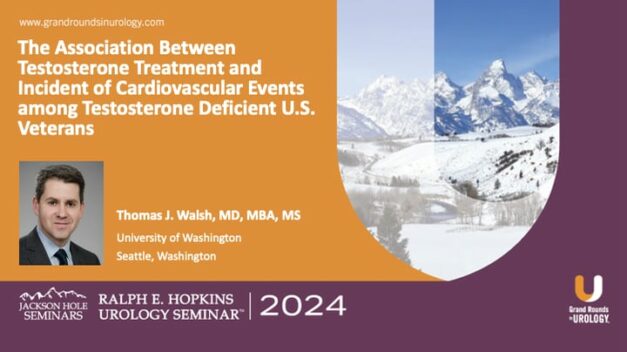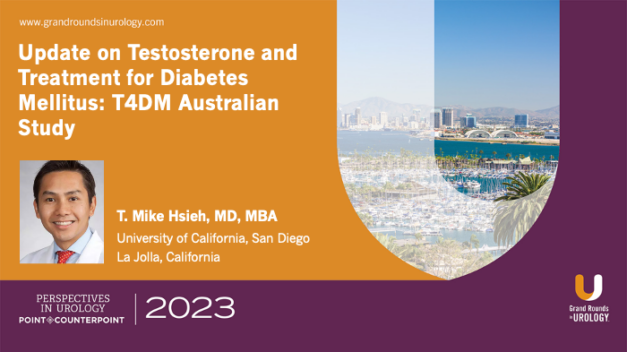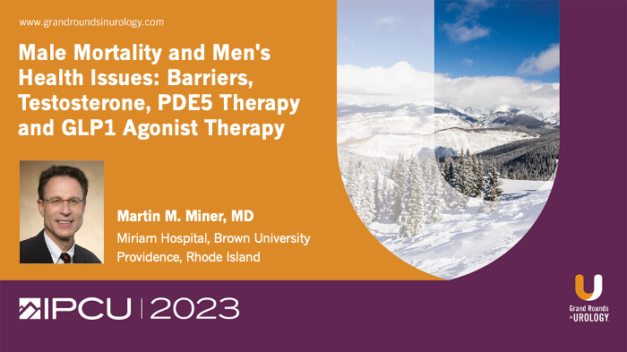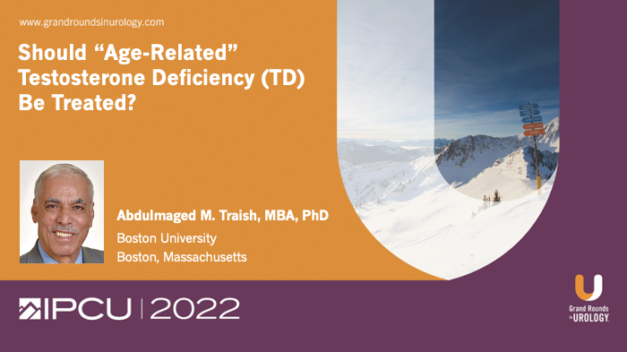The Association Between Testosterone Treatment and Incident of Cardiovascular Events among Testosterone Deficient U.S. Veterans
In this 19-minute presentation, Thomas J. Walsh, MD, MBA, MS, University of Washington, Seattle, Washington, highlights the need for further research to clarify the long-term effects of testosterone therapy on cardiovascular health, advocating for a balanced approach that weighs the potential benefits against the risks. Dr. Walsh’s presentation underscores the importance of personalized medicine in managing testosterone deficiency.
Read More




